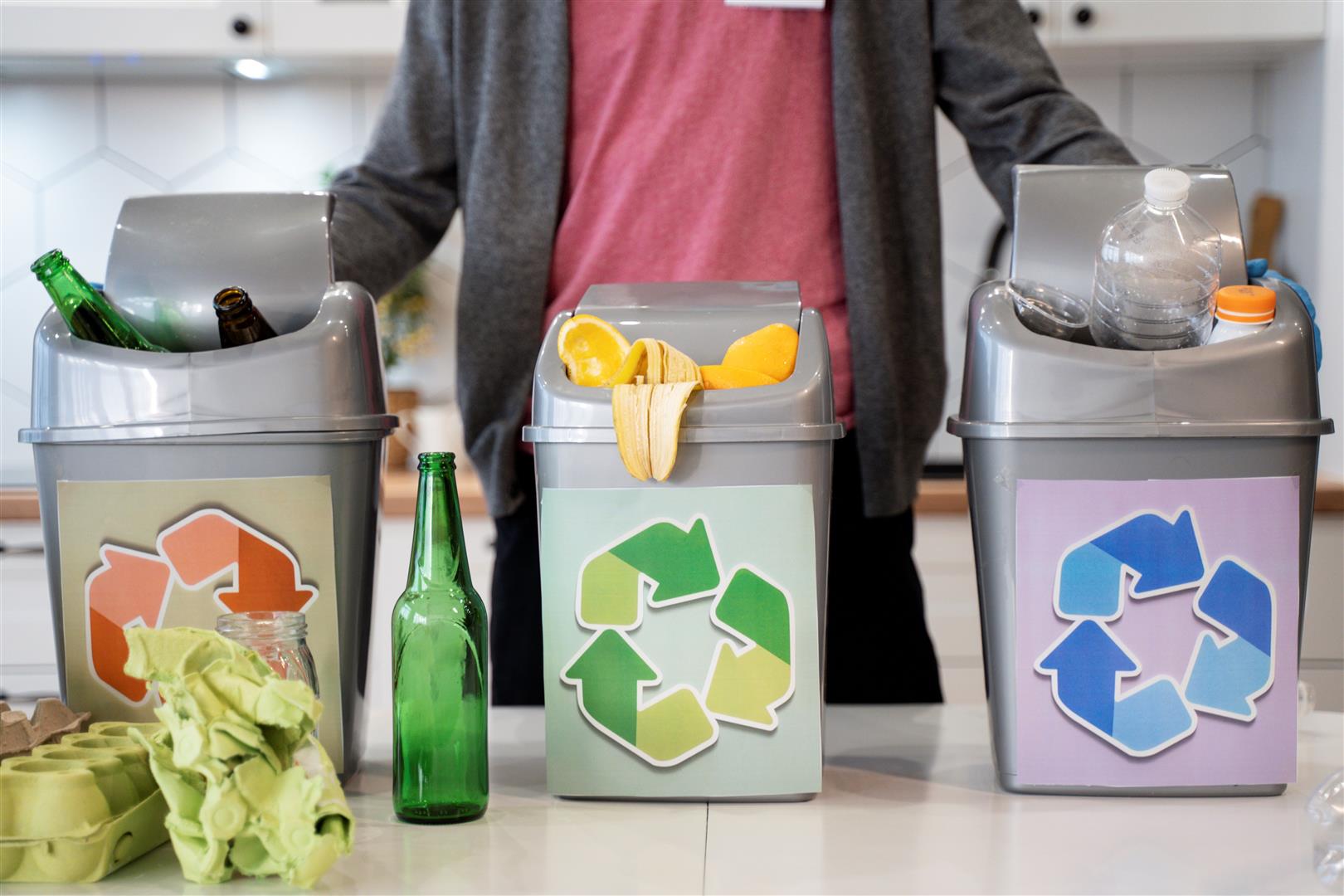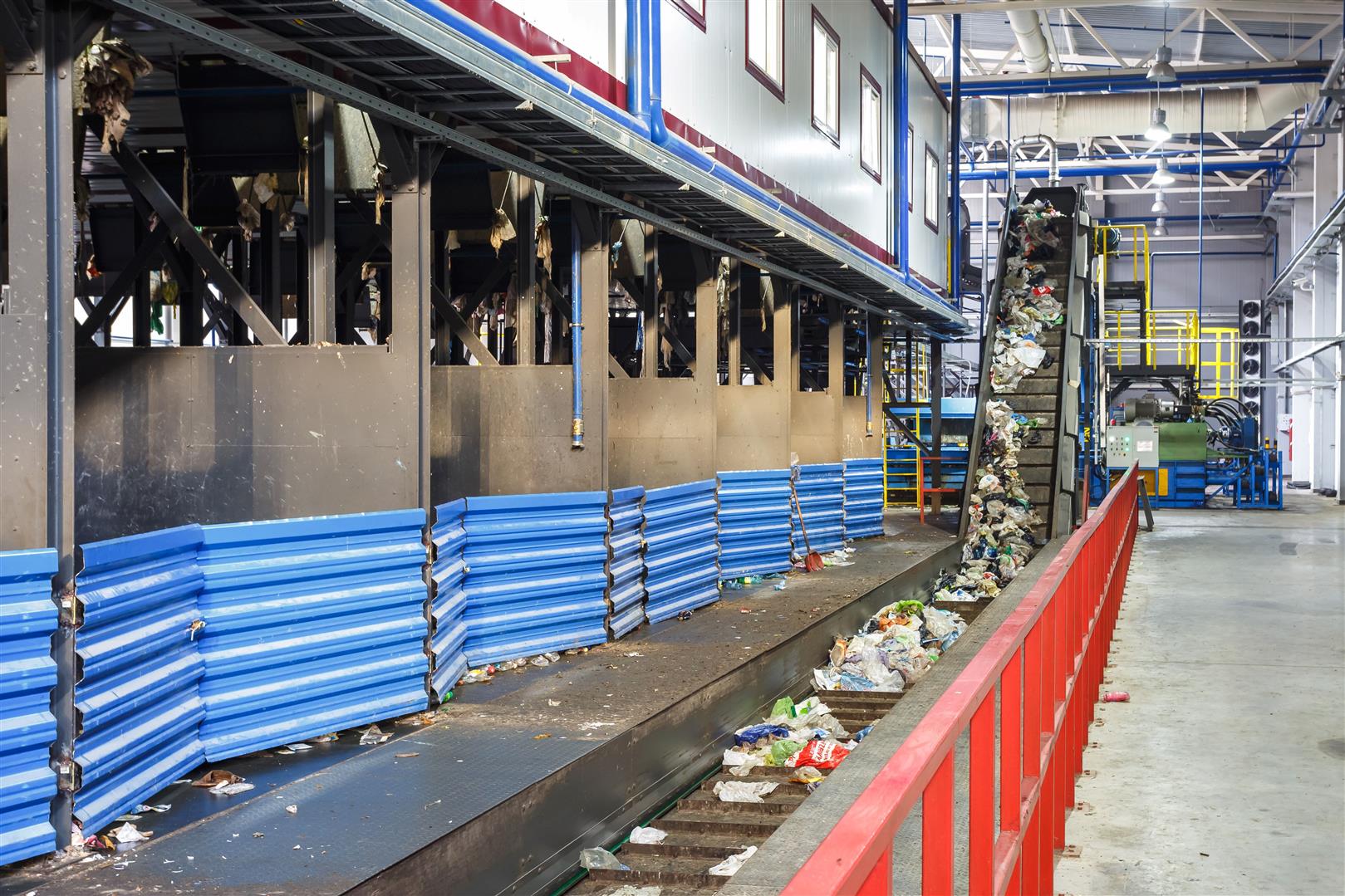
After the EU members (2022) established the policy and regulations to require companies producing plastic packaging and selling them on the market to prepare a clear packaging disposal plan, specifying the production process, which will be monitored from the source of raw materials, impacts on the community and society, ingredients used in packaging, to packaging reuse, which must not be a single use, as well as requiring a symbol or label on compostable bags. In 2024, the member countries must participate “Extended Producer Responsibility (EPR)” to allow manufacturers to take responsibility for packaging over the life of the packaging.
In Thailand, last year (2022) the Ministry of Natural Resources and Environment set up a circular economy packaging steering committee with the principle of expanding the responsibility of producers to provide opportunities for all parties to come together to develop a suitable EPR policy for all parties to be aware of. The importance of solving environmental problems, especially from packaging waste, and the Pollution Control Department is in the process of drafting regulations or laws to be enforced in the future.

As EPR principle: Extended Producer Responsibility is included in the Plastic Waste Management Plan 2019-2030 and the Plastic Waste Management Action Plan, Phase 1 (2020-2022), Pollution Control Department, Ministry of Natural Resources and Environment, even if it is not yet legislated, the public and private sectors jointly campaign to educate entrepreneurs and the general public in order to understand the mechanism of Implementation of the EPR principle, where manufacturers are responsible for the phases of the packaging life cycle starting from the conception and design of plastic products, distribution, returns and collection of end-of-life products, and reuse to create a sustainable process of products to be used cost-effectively according to the Circular Economy (CE) and to sustainably solve waste problems, negatively affecting or creating an impact on minimal environment.
Source: Pollution Control Department
Tel: +66 2298-2000